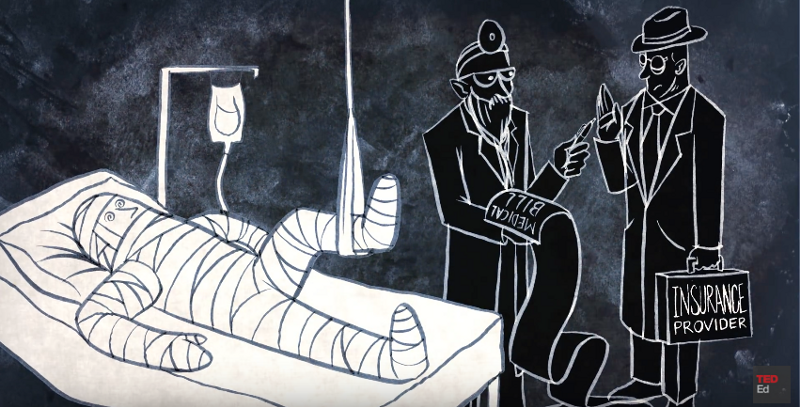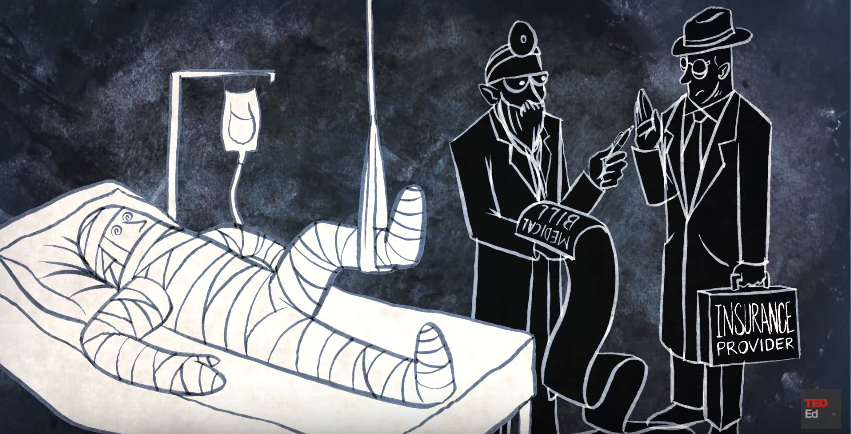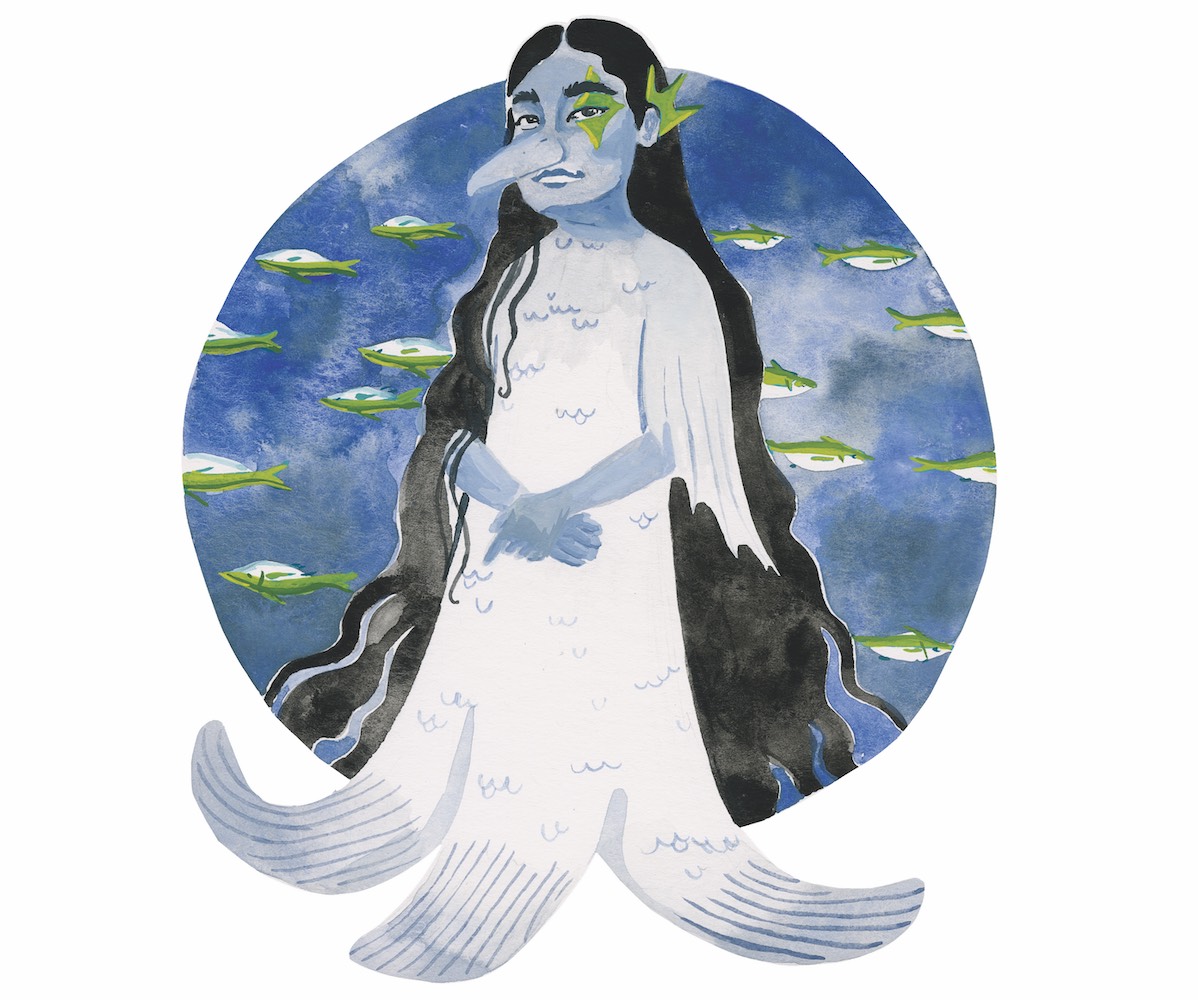news
Watch a Short Animation on What “Kafkaesque” Really Means

TedEd Writer Noah Tavlin Defines the Often Misused Term
Last year, TedEd writer Noah Tavlin helped clear up what — precisely — the term “Orwellian” meant. Now he has set his sights on illuminating what we mean, or what we should mean, when we say “Kafkaesque.”
Pulling from the stories “The Trial,” “Poseidon,” “The Hunger Artist,” and Kafka’s most famous work The Metamorphosis, Tavlin first lays out what most of us have come to understand as Kafkaesque (aside from the literal “like Kafka”): “[It] has entered the vernacular to describe unnecessarily complicated and frustrating experiences, like being forced to navigate labyrinths of bureaucracy.”
As an employee at an insurance company, Kafka saw all the inglorious nooks and crannies of the modern, absurd, burgeoning bureaucracy and often thrust his characters into it — consistently to tragicomic effect. But, the word is more complicated than a mere invocation of bureaucracy’s byzantine tendencies.
Tavlin refers us to Kafka’s story “Poseidon” where, humorously enough, the God of the Sea is an executive buried in an endless pile of paperwork, unable to explore his own underwater kingdom. However, the reason why he’s buried in paperwork is because “he’s unwilling to delegate any of the work…he deems everyone else unworthy of the task. Kafka’s Poseidon is a prisoner of his own ego.”

The issue “Kafkaesque” presents is thus not only due to the bureaucracy, but also to “the irony of the character’s circular reasoning in reaction to it…[Kafka’s] tragicomic stories act as a form of mythology for the modern industrial age, employing dream logic to explore the relationships between systems of arbitrary power and the individuals caught up in them.”
It is telling of an author’s popularity when their name enters the language as an adjective; even more telling when there are videos made and articles written to clear up the misuse of their metamorphosed name-adjective. Long live Kafka(esque)!









